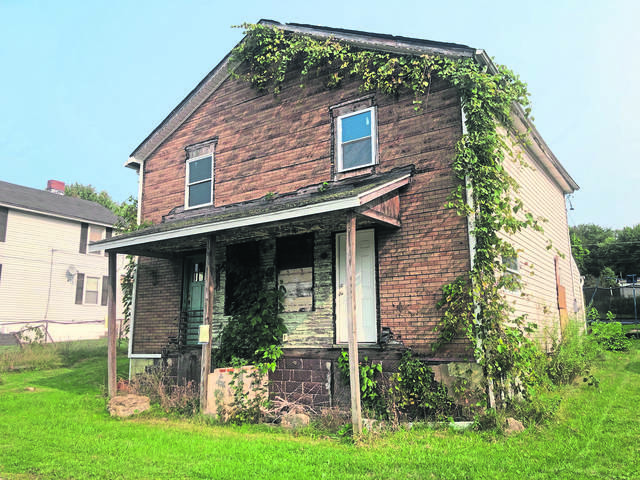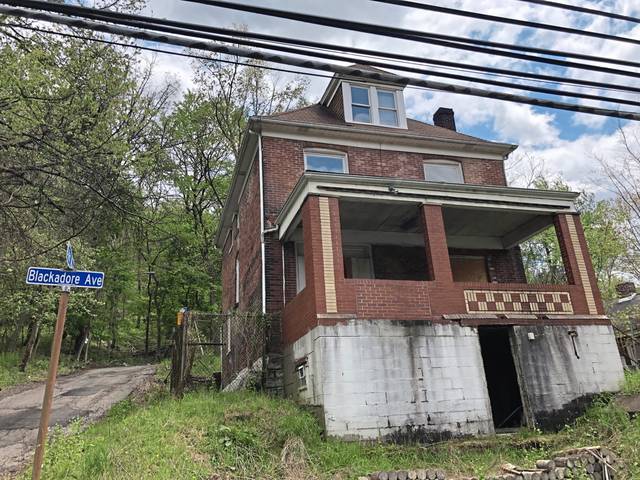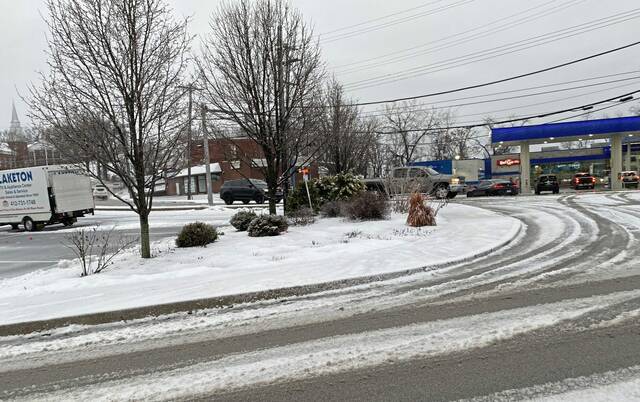The Turtle Creek Valley Council of Governments received a $125,000 grant recently to continue developing cloud-based software that caters to code enforcement officers.
The Redevelopment Authority of Allegheny County issued the grant, meant for Community Infrastructure and Tourism. The software, dubbed the Code Enforcement Data Tool, has been under development for a few years.
It is currently being used by a code enforcement officer who works for the Turtle Creek Valley COG in East McKeesport and Chalfant boroughs. The COG includes 20 communities east of Pittsburgh, including Monroeville, Penn Hills and Plum. Once the software is finished, the technology will be available to all its communities, said Amanda Settlemaier, executive director of the Turtle Creek Valley COG. Those communities are Braddock, Chalfant, Churchill, East McKeesport, East Pittsburgh, Edgewood, Forest Hills, North Braddock, North Versailles, Pitcairn, Plum, Rankin, Swissvale, Turtle Creek, Wall, Wilkins, Wilmerding and Wilkinsburg.
“It’ll be a really valuable tool for towns to collaborate around the issues pertaining to blight,” she said.
The software is the product of years of studying the impact of blight in communities. A 2012 study done in partnership with the Steel Valley COG found, in part, the cost of blighted residential houses in the area’s communities costs around $254 million each year due to demolition, code enforcement violations and court fees, among other expenses.
An Lewis, executive director of Steel Valley COG, said the software puts code violations and other information pertinent to a specific property all in one place, making it easier to build a case against repeat offenders and get involved with securing abandoned properties before other issues, such as fire, vagrancy and others, develop over time.
“Blight is not caused by simple problems, it’s complex,” Lewis said. She also serves as Tri-COG Land Bank’s executive director. “There are different factors and different parts. Information systems like this one help humans be more connected to one another and be more efficient in their work.”
The $125,000 grant is the latest injection of funds into the software development. Settlemaier said the organization received a $60,000 grant to begin building the program in 2018. She hopes the software will be available for anyone to use around this time next year.
“We’ve made mistakes along the way,” Settlemaier said of developing the software, which has been primarily done by a Carnegie Mellon University graduate the team hired. “But it’s nothing unusual — just growing pains. It’s been good. We’re so grateful for the support.”
State Rep. Brandon Markosek, D-Monroeville, touted the program in a statement as a way for communities to “better enforce their codes and solve problems.”
“This code enforcement data tool has helped to resolve issues in TCVCOG member towns before they get out of hand,” he said. “The grant will help to finish the system and eventually allow other communities to use it to improve the quality of life for residents.”











